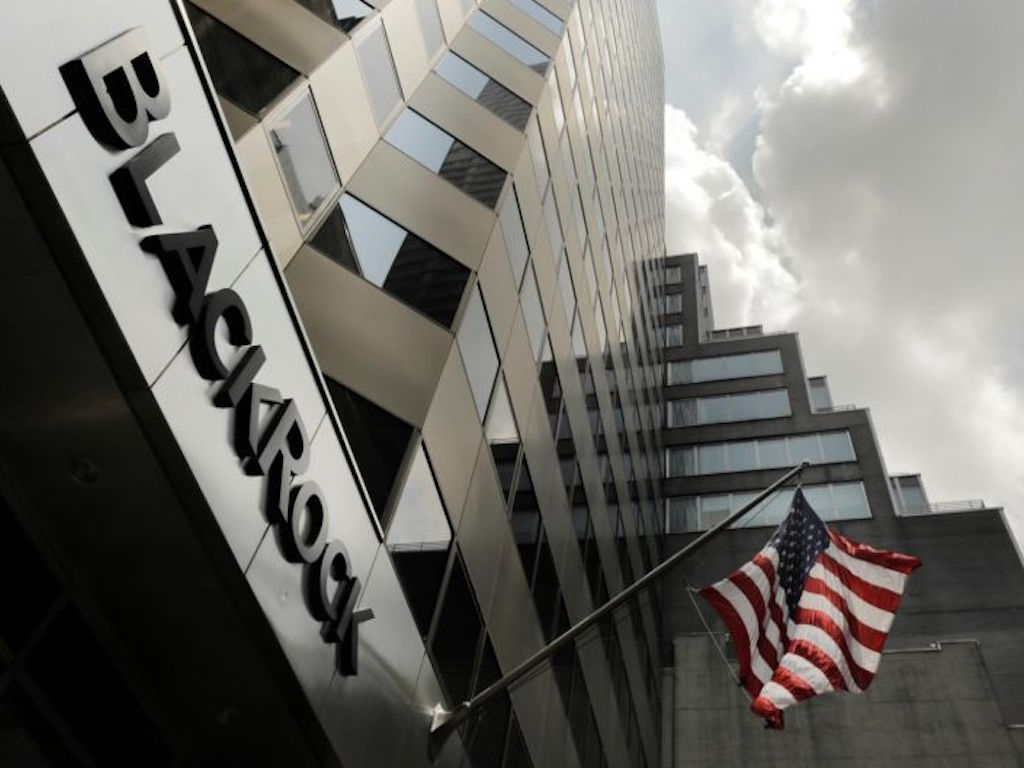3 Mins Read
BlackRock, the New York-based global investment firm, has just signed up to the Climate Action 100+ initiative, a campaign made up of fund managers and asset owners in a bid to urge corporate giants to take action on climate change. This comes after the firm received multiple criticisms about greenwashing as it failed to match its sustainability rhetoric with real action. Consumers are demanding demonstrable climate action and ethical responsibility from businesses, and the move reflects the pressure that companies are now facing across every industry.
After being accused of failing to live up to their sustainability rhetoric, global investment firm BlackRock has signed up to Climate Action 100+, an initiative made up of 370 of the world’s most influential fund managers and asset owners. The campaign, which together represents US$ 41 trillion, of which US$ 7 trillion is managed by BlackRock, seeks to urge some of the heaviest greenhouse gas polluters to reduce their footprint on our planet. Climate Action 100+ requires all signatories to pressure companies in their portfolios to reduce greenhouse gas emissions in line with the targets under the Paris Agreement, outline the board’s accountability on climate risk, and disclose any financial risks associated with the climate crisis.
The move by the world’s largest asset manager is an acknowledgement that “climate change is a systemic risk that needs to be followed by action. There is nowhere to hide from the impact of climate change, and we have to target the source,” said Anne Simpson, the director of global governance for the CalPERS, also signatory to Climate Action 100+.
Read: Salesforce CEO Mark Benioff Calls For A New Capitalism For Climate Change
This comes as BlackRock’s sustainability credentials have come under heavy scrutiny in recent months. In a widely shared letter in 2018, the firm’s CEO and chairman Larry Fink called for a long-term business strategy that takes into account companies’ environmental, social and ethical impact and a shift towards “responsible” capitalism. However, sustainability-focused non-profit organisation Ceres found that BlackRock was amongst some of the worst ranked asset managers in terms of backing climate-related proposals from shareholders. This, amongst other exposés, has led to prominent figures such as former US vice-president Al Gore and hedge fund manager TCI to out the firm for greenwashing.
Under their new commitments as a signatory to the Climate Action 100+ initiative, BlackRock will now have to ensure their portfolio of companies, which includes some of the biggest carbon emission polluters and fossil fuel culprits in the world, are actively reducing their carbon emissions across the value chain in line with Paris Agreement goals, and implement a stronger governance framework to articulate oversight over climate risks and opportunities. The firm must also provide transparent corporate disclosure in line with the recommendations of the Task Force on Climate-related Financial Disclosures (TCFD).
Read: How Might Stakeholder Capitalism Help Solve Climate Change
With BlackRock now on board, members of the campaign are hoping to see faster and more meaningful progress in moving towards a zero-carbon economy. “Given BlackRock’s size and influence, their commitment to accelerating engagements with the largest corporate greenhouse gas emitters sends a powerful signal to companies,” said Mindy Lubber, CEO and president at Ceres, adding that it will bring more “impactful results in tackling the global climate crisis.”
Consumers are demanding demonstrable climate action and ethical responsibility from businesses, and this clearly reflects the pressure that companies are now facing across every industry. People are voting with their dollars like never before, demanding responsibility from companies, whether it be operating with a circular economy model in mind to supporting initiatives that give back to a community cause. Corporate strategies can no longer afford to discount global climate change in the equation, because if they don’t respond, they risk losing their customers. Here’s to hoping that revamped sustainability commitments from companies pay off to drive real widespread change that we need in order to stand a chance against our climate emergency.
Lead image courtesy of Reuters.




